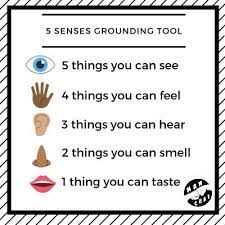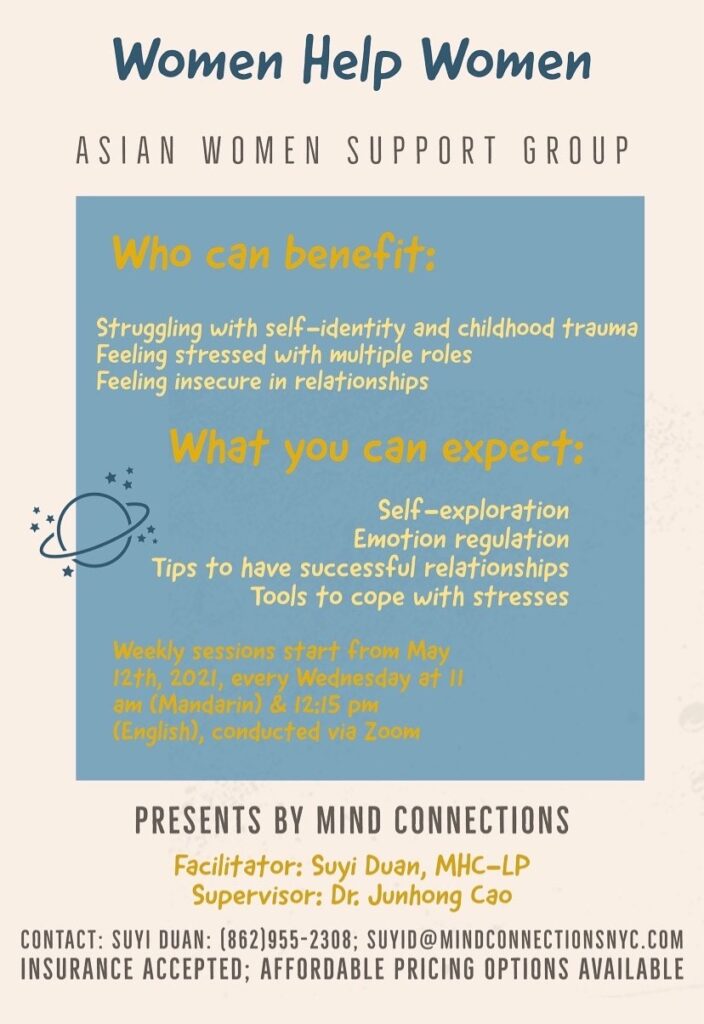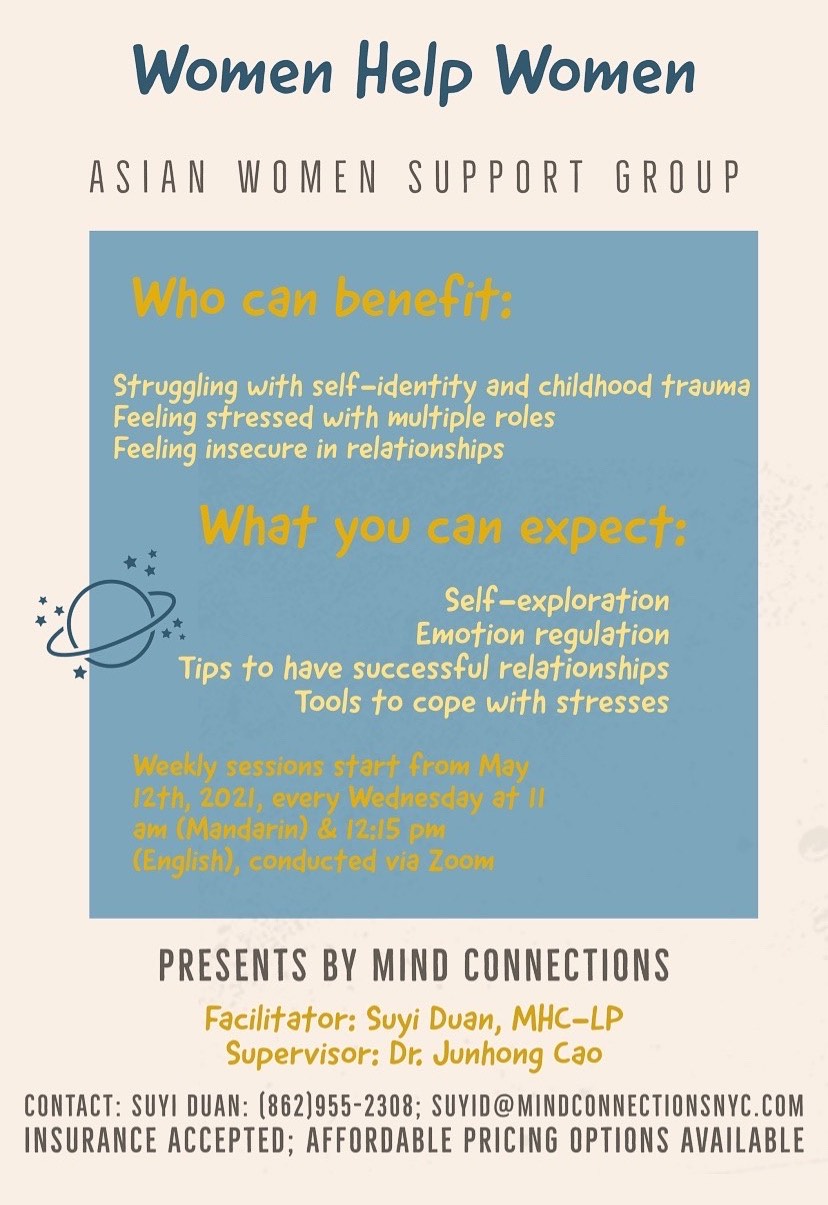- What makes a healthy relationship?
- How do couples stay strong after years and years?
- Are you looking for advice on making your relationship last?
If you can relate to any of these questions, this article is for you! When you are in the honeymoon phase, it feels like nothing could ever go wrong. You are so enamored by the other person that the idea of problems arising makes you shrug your shoulders. As time passes, couples go through many experiences together – many of them are good, and unfortunately, a handful of them might be bad. The strength of a relationship is tested when these low periods arise. You hope that you and your partner can make it through these rocky waters together. In America, divorce rates are at 50% – this statistic makes couples worry about their future together.
Don’t fear! If you are going through a tough time in your relationship currently, you deserve support! You may be wondering, “What makes a healthy relationship?” or, “How do I achieve longevity/happiness long-term? Before we answer these questions, let’s look at the reasons why you and your partner may be struggling.
Why You May Be Struggling in Your Relationship

1. There is No Trust
Trust is one of the most important things to have in a relationship. If you cannot trust your partner, it is common to feel a sense of dread when they are not with you or don’t answer your text right away. Another partner may have cheated on you, and you fear that the same will happen in this relationship – you may have this fear even though there are no signs of distrust so far. One of the partners may lack self-esteem and feel like they can lose their significant other at any moment. Finally, and most unfortunate, someone may have strayed in the relationship, which broke the trust entirely.
No matter the reasoning, this lack of trust will cause a break in your foundation. If you cannot trust your partner, it will cause many arguments, disagreements, and stress in your life.
2. Communication is Non-Existent or Terrible
Along with trust, healthy communication is essential in a relationship. Communication is important for many reasons. Here are some of the reasons that communication is necessary to have between you and your partner:
Communication is essential when disagreements arise
- As much as you may feel in sync with your partner/compatible, there will be times when issues will arise. To have a healthy relationship, you must be able to sit down with your partner and discuss these situations without yelling, blowing up, throwing things, or having it all escalate. If you cannot do this, it will be hard to resolve or compromise. This is how problems prolong themselves and survive without a solution in a relationship.
Communication is important in your physical relationship with your partner
- An unhappy sex life is a significant reason people face problems in their relationship and break up or cheat. It is important to communicate with your partner about what you want and need in a relationship. Communication is also essential when it comes to consent. You deserve to be with a partner that makes you feel comfortable enough to say when you are not in the mood, uncomfortable, or want to stop. Consent can be given or taken back at any moment. You and your partner should communicate about consent each time you have sex.
Communication is essential when planning for/talking about your future
- To be on the same page, you both have to communicate what you want out of your relationship. You may imagine a long-term relationship with your partner that involves buying a house, getting married, and having kids one day. On the other hand, your partner may feel totally different! They might not see this relationship as long-term and don’t desire to have kids or move in together. These conversations need to be discussed together, or it will cause confusion/disappointment.
3. You Have Grown Apart from Each Other
It is lovely to hear stories about high school or college sweethearts. Finding someone you love while you’re young and growing up together is an amazing experience. Many people can grow together and navigate the tides of life easily. However, other people find it hard to keep the spark alive. They may have met when they were younger and developed/grew into different people. Hopefully, when you are a grown adult, you won’t think the same way you did when you were a teen. People change their ideas, beliefs, ideologies, and perspectives on the world as they grow older, especially in their twenties. This may have caused division between you and your partner. You don’t recognize each other anymore, and the good times seem to be just in the memories you have together.
What Makes a Healthy Relationship

It is essential to build up your communication and trust. As mentioned before, trust and communication are vital in a relationship. To have a healthy relationship, you must work on building these skills. There are a couple of ways to do so, but here are a few tips below:
1. Identify the Ways You Prefer to Communicate
Sometimes, it can be challenging to talk with your significant other because you have different conflict and resolution habits. For example, you may want to isolate yourself when you are upset after an argument, but your partner instead wants to talk right away. Sit down with your partner and discuss your communication preferences and what should happen when you both argue. Maybe you want to establish certain boundaries (i.e., specific topics need to be dealt with more care than others or particular topics are off-limits). Another example is that someone doesn’t like cursing/yelling when trying to communicate.
2. Establish Boundaries in Your Relationship That Are Concrete
People often face difficulties in their relationships because the boundaries are unknown/ignored. What someone considers cheating may not be deemed cheating by someone else. For example, some think that liking other people’s pictures on social media or watching explicit videos/content is cheating. Their partner might not view this the same way.
Talk about boundaries with your partner. Discuss what makes you feel comfortable or is a deal-breaker to you. After establishing these boundaries, if a partner crosses them, that’s a clear issue. This is also helpful for people who have polyamorous or open relationships. A polyamorous or open relationship can vary in many ways. For example, in your open relationships, you may have decided some rules with your partner. You both can be physical with other people but not pursue a romantic connection with anyone else. Figure out and establish what you and your partner are comfortable with.
3. Tell Your Partner What You Need to Feel Safe in a Relationship

If you struggle with trust, let your partner know what would make you feel comfortable and secure in your relationship. Sometimes, just an extra text when going out or an update throughout the day can make a partner feel more secure. It’s all about what works for you and your partner and how you guys can compromise in different situations.
4. Continue Having Fun With Each Other
Another reason people break up or stray away from each other is because their relationship feels stagnant. There was a time when you and your partner always went out to dinner and did exciting things together. Now, you guys don’t leave the house or have any date nights.
This can be common when couples have kids or other significant things in life to focus on daily. With everything going on in your life, it is still essential to tend to your relationship. Engaging in date nights/fun moments keeps the excitement alive in your relationship. You and your partner can still feel excitement by doing new things, taking new classes, trying new restaurants, or even practicing new hobbies with each other. Keep creating memories to prevent yourself from falling into the same, repetitive routine.
5. Explore Each Other’s Love Language
As mentioned before, you and your partner may differ in how you communicate or express yourself. A lot of times, opposite types of people attract. You both compliment and bring out the best in each other. However, this also means that you guys may possess very different ways of showing love and affection. Be sure to figure out your and your partner’s love language. The options can vary from:
- Physical touch
- Quality time
- Gift giving
- Words of affirmation
- Acts of service
Find ways to show appreciation to your partner through their love language. For example, if your partner has gift-giving as their top love language, pick up flowers when you leave the grocery store or make them a special card. If their love language is physical touch, make sure to hug them when you say goodbye or put your hands on their shoulder when you are supporting them. You can find many different and special ways to show love to your partner that will translate to them as fulfilling.
6. Listen to Your Partner

This article has stressed the importance of communication in a relationship. Just as important as communicating with your partner is, listening to them is just as important. Listening to your partner means being open to what they say, remembering important details of their lives, and letting them know that you validate their emotions and feelings. You may not always agree with your partner, but make sure that they know that their opinion matters and you support their ability to express themselves. You might disagree on doing certain things, but it may lead to a quicker compromise if you identify and try understanding their POV.
Listening to your partner is also handy for the holidays or anniversaries. Listening to what they say lets you get them something that’ll make them feel like you pay attention to details and what they say. It will also be easier for you when stressing over what to get them as a gift.
7. See a Couples Counselor to Learn What Makes a Healthy Relationship
Couples counseling can be a great way to establish a healthy relationship with someone. Having a therapist talk to you about your problems may help you and your partner navigate troubled waters together. A therapist can listen to you both and give you a third-party opinion on the situations that present themselves.
A counselor can also help you identify if the relationship is beyond repair. Many couples can make it through their struggles, learn to communicate better, and love each other more deeply. Unfortunately, other couples may need to realize that their relationship is fading away, and they should separate healthily.




 As mentioned before, if Sunday Scaries stems from perceived threat, then you can learn to manage this anxiety better by changing such perceptions. This involves taking steps to actively clear your mind first. This requires you to ask yourself some questions, such as,
As mentioned before, if Sunday Scaries stems from perceived threat, then you can learn to manage this anxiety better by changing such perceptions. This involves taking steps to actively clear your mind first. This requires you to ask yourself some questions, such as, 




















